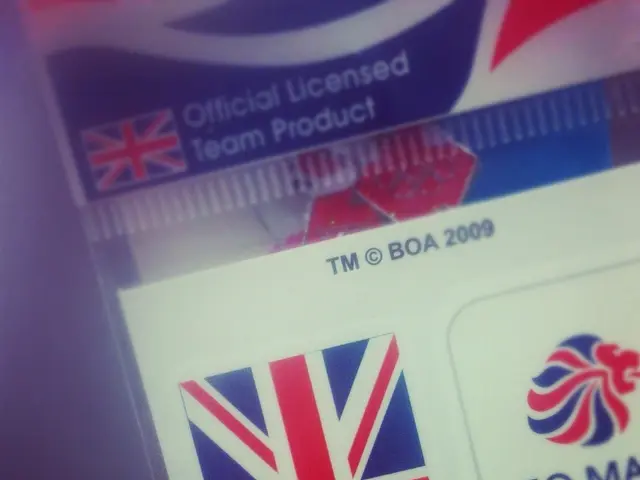Identifying Solvents for Use in Parts Cleaners
In the quest for a cleaner and greener future, industries are increasingly turning to closed-loop systems and eco-friendly solutions for parts washing. These innovative approaches not only improve cleaning efficiency but also contribute to worker safety and environmental preservation.
One significant advancement is the use of closed-loop systems that recycle and reuse cleaning solutions, reducing waste and environmental impact. These systems, combined with proper storage of solvents, help maintain a safer and more sustainable workplace. Proper storage involves keeping solvents in clearly labeled, sealed containers away from heat sources and incompatible materials.
When it comes to choosing a solvent for a parts washer, several factors come into play. Consider the type of contaminants, the material of the parts, workplace environment and safety regulations, disposal regulations, and budget and cleaning frequency.
Some of the best eco-friendly solvents for industrial parts washers include Isopropyl Alcohol (IPA), D-Limonene, Acetone, and Ethyl Acetate. These solvents offer a balance between cleaning effectiveness and environmental safety.
| Solvent | Advantages | Disadvantages | |-------------------|----------------------------------------------------------------------------------------------|-------------------------------------------------------| | Isopropyl Alcohol (IPA) | Biodegradable, evaporates quickly without residue, effective cleaner and degreaser, relatively safe on many materials[1]. | Flammable; can be somewhat costly compared to traditional solvents. | | D-Limonene | Derived from citrus peels (renewable), natural and biodegradable, pleasant orange scent, strong degreasing ability[1]. | May cause skin irritation or sensitization; slower evaporation rate compared to IPA. | | Acetone | Biodegradable, low toxicity, effective for a range of cleaning tasks including paint thinning[1]. | Highly volatile and flammable; strong odor and can be harsh on some plastics and rubbers. | | Ethyl Acetate | Naturally occurring in fruits and wines, biodegradable, effective solvent used in coatings and adhesives[1]. | Flammable; may cause irritation; moderate evaporation rate. |
Transitioning to aqueous cleaning systems can further enhance sustainability by eliminating solvent-related health risks and waste disposal concerns. These systems use heated water and detergents instead of solvents.
By evaluating current parts-washing processes and considering whether they align with best practices and innovations discussed in this post, industries can significantly improve their cleaning efficiency, worker safety, and environmental impact.
Remember, when working with parts washer solvents, it's crucial to read and follow the safety data sheets (SDS), ensure proper ventilation, and use personal protective equipment (PPE) such as chemical-resistant gloves, safety goggles, and appropriate clothing.
Citrus-based solvents derived from natural orange peels are a popular eco-friendly alternative to traditional petroleum-based solvents. However, many solvents require special handling and cannot be poured down drains or disposed of with regular waste. Always follow local regulations and company guidelines for disposal.
In summary, Isopropyl Alcohol and D-Limonene are often favored for their balance of effectiveness and environmental characteristics in parts washing. Acetone and Ethyl Acetate are also viable green solvent options, depending on the specific cleaning requirements. Transitioning to aqueous cleaning systems can further enhance sustainability but may require different equipment. These options reflect current industry moves toward green chemistry to reduce hazardous waste, energy use, and environmental impact.
- The manufacturing industry is leveraging the advantages of eco-friendly solvents such as Isopropyl Alcohol, D-Limonene, Acetone, and Ethyl Acetate in their closed-loop systems for parts washing, which not only enhances cleaning efficiency but also promotes a safer and greener workplace.
- In the realm of finance, investing in automation for manufacturing industries adopting closed-loop systems and eco-friendly solutions can yield long-term benefits by reducing waste, preserving the environment, and improving worker safety, thereby attracting socially responsible investors.







